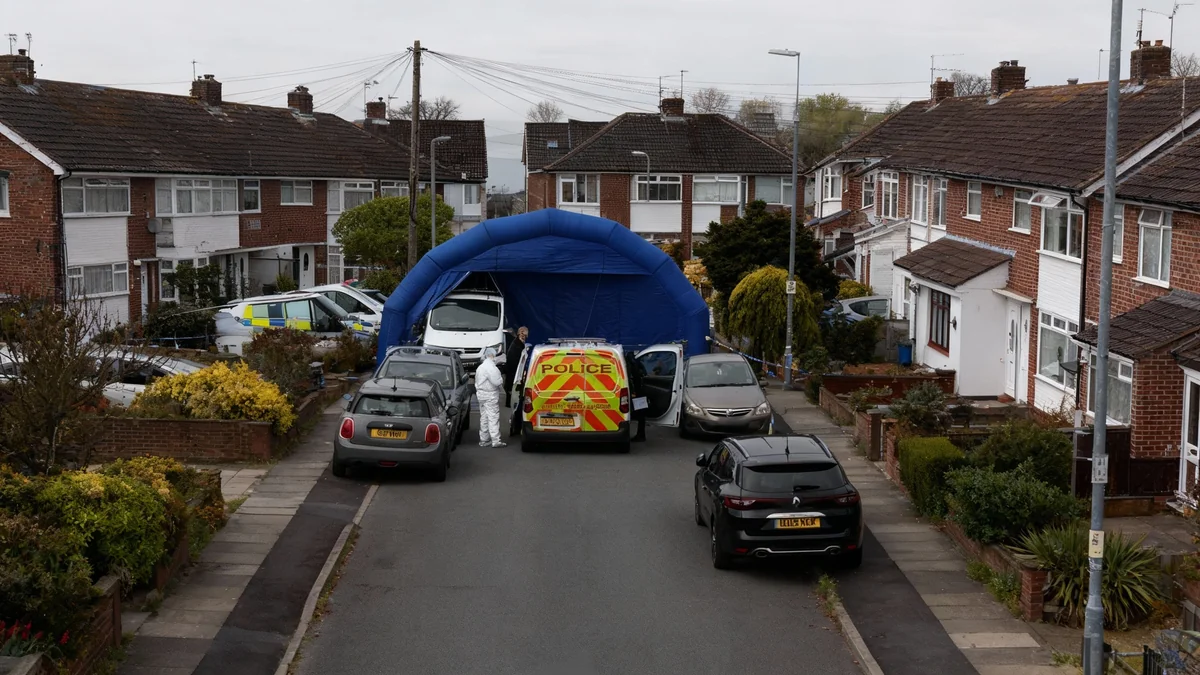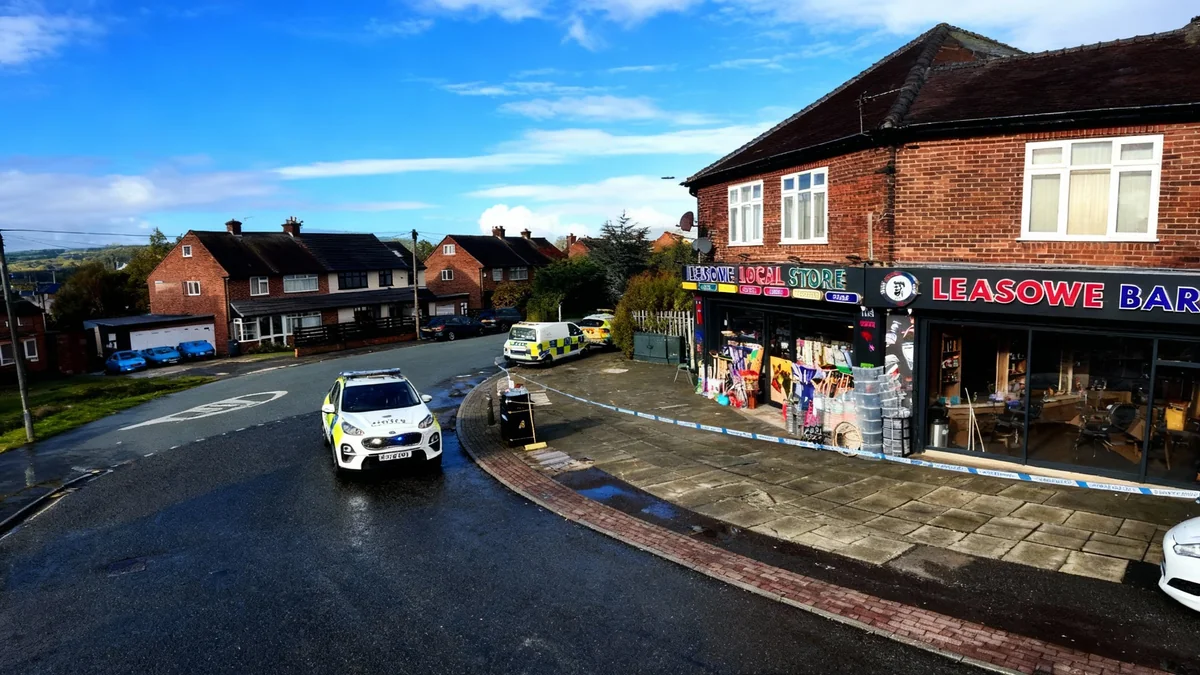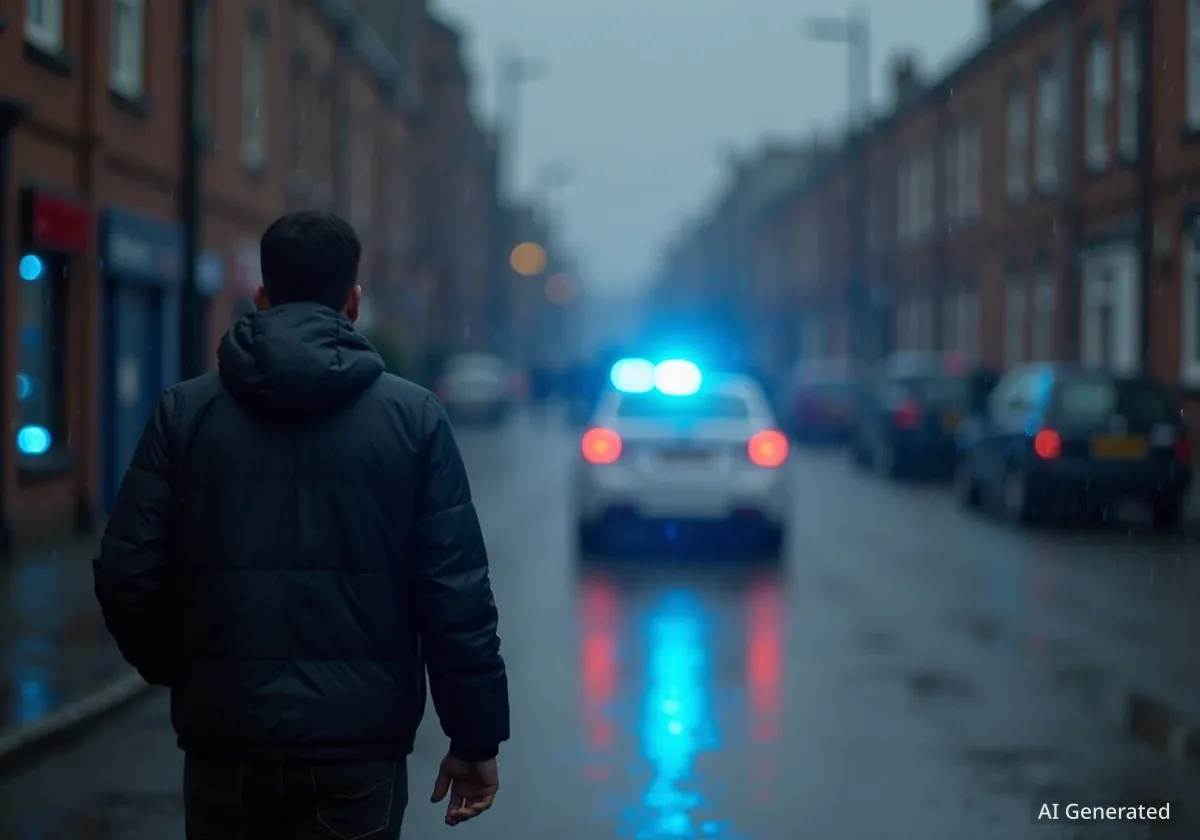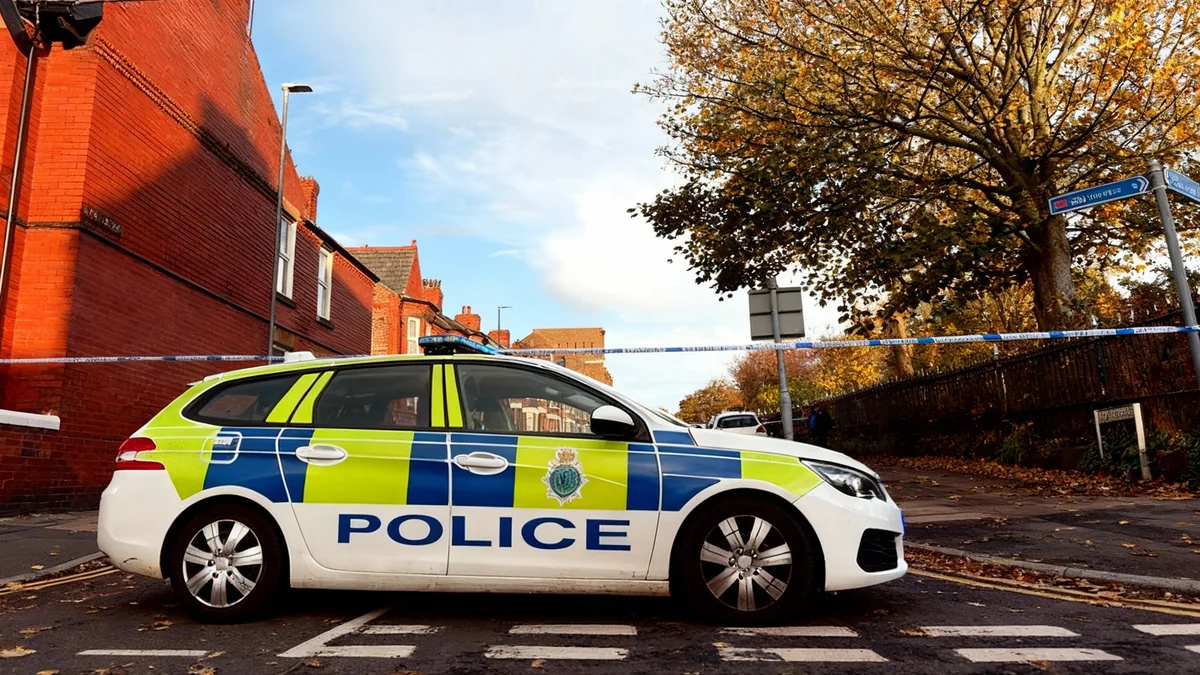Merseyside Police has announced a renewed focus on tackling modern slavery and human exploitation as part of the 2025 national Anti-Slavery Week. The initiative aims to increase public awareness of a crime that authorities say is often hidden in plain sight within local communities.
The force is collaborating with several partner agencies to identify and support victims while pursuing legal action against those responsible for the exploitation. Officials are urging residents to learn the signs of modern slavery and report any concerns.
Key Takeaways
- Merseyside Police is launching a targeted campaign for Anti-Slavery Week 2025.
- Modern slavery involves the exploitation and control of individuals for criminal profit.
- Victims are often found in everyday businesses like car washes, nail bars, and restaurants.
- The public is encouraged to learn the signs of exploitation and report suspicions.
- A multi-agency approach involving police, immigration, and charities is underway.
The Hidden Reality of Exploitation
Modern slavery is a serious criminal offense where individuals are controlled, threatened, and forced into labor or other forms of servitude. Authorities emphasize that this is not a historical issue but a current problem affecting men, women, and children across Merseyside.
Victims are frequently isolated and coerced, making it difficult for them to seek help. They may be forced to work in seemingly legitimate businesses, including hospitality, domestic service, and personal care industries.
Detective Sergeant Gemma Ellerton stated, “Modern slavery is a devastating crime that strips individuals of their dignity and freedom. It affects men, women and children across Merseyside, and we are determined to identify and support victims while bringing perpetrators to justice.”
She added that it is a common misconception that slavery is a thing of the past. “It’s very much a present-day reality, even here in Merseyside,” DS Ellerton explained. “Victims are often hidden in plain sight, and it’s vital that we all know how to spot the signs and take action.”
Who is at Risk?
While anyone can become a victim of modern slavery, individuals facing financial hardship, social isolation, health problems, or uncertain immigration status are often considered more vulnerable to exploitation by criminal networks.
A Coordinated Strategy to Protect Victims
Merseyside Police is not working alone. The force is part of a strategic network that includes immigration authorities, trading standards officers, and local charities. This partnership aims to provide comprehensive support for survivors and ensure offenders are held accountable.
Deputy Police and Crime Commissioner, Cllr Jeanie Bell, detailed the collaborative strategy. “In Merseyside, we are taking a proactive, partnership-led approach to tackle exploitation head-on,” she said. “Through our strategic network, we’ve developed and delivered a robust plan of action—focusing on victim support, offender accountability, and frontline training.”
This coordinated effort has already yielded positive results. According to Cllr Bell, progress includes an increase in prosecutions under modern slavery legislation and the implementation of specialist training for police departments.
“Modern slavery thrives in silence. By raising awareness and empowering our communities to spot the signs, we can bring this crime out of the shadows and ensure those who exploit others are held to account,” Cllr Bell added.
Throughout Anti-Slavery Week, officers will conduct joint operations and awareness campaigns with these partners to improve victim identification and support pathways.
How to Recognise the Signs of Modern Slavery
Public vigilance is a critical component of the fight against modern slavery. Merseyside Police is asking residents to be aware of the warning signs that could indicate someone is being exploited. Recognising these indicators can help save someone from a life of abuse and control.
Key signs to look out for include:
- Appearance and Demeanour: The individual may seem anxious, fearful, withdrawn, or untrusting of authorities.
- Restricted Freedom: They may have their movements controlled, be chaperoned everywhere, or have their identification documents held by someone else.
- Lack of Possessions: Victims often have few personal belongings and may wear the same clothes every day.
- Poor Living Conditions: They might live in overcrowded, dirty, or unsafe accommodation, often at their place of work.
- Unusual Travel: Being dropped off and collected for work at unusual hours or in groups can be a red flag.
- Financial Control: The person may have little or no money, or their earnings may be controlled by another individual.
A Crime in Plain Sight
Exploitation often occurs in public-facing businesses. Victims may be forced into labor in sectors such as agriculture, construction, and manufacturing, in addition to services like nail bars and car washes that are used by the public every day.
How to Report Suspected Exploitation
If you suspect that someone is a victim of modern slavery, it is crucial to report your concerns to the appropriate authorities. Your information could be the key to helping someone escape exploitation.
There are several ways to report your suspicions safely and, if needed, confidentially:
- Immediate Danger: If you believe someone is in immediate danger, always call 999.
- Non-Emergency Police Contact: For non-urgent concerns, you can use the Merseyside Police online crime reporting service or call 101. A textphone service is available at 18001 101 for those with hearing or speech impairments.
- Modern Slavery Helpline: For confidential advice and to report a suspicion, you can contact the Modern Slavery & Exploitation Helpline on 08000 121 700.
- Charity Reporting: The national charity Unseen also allows you to report concerns through their website.
Specialist support for adult survivors in England and Wales is also available through The Salvation Army, which works to help individuals rebuild their lives with dignity and security.





